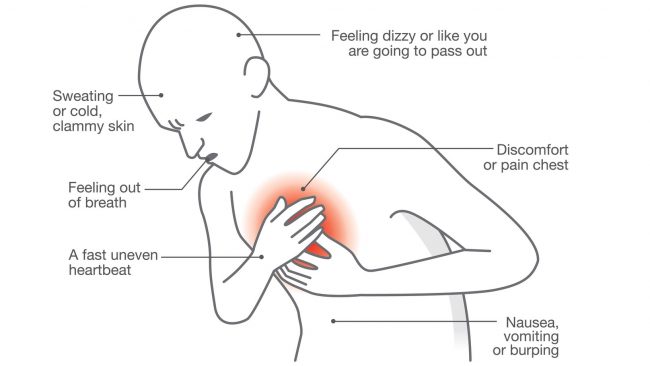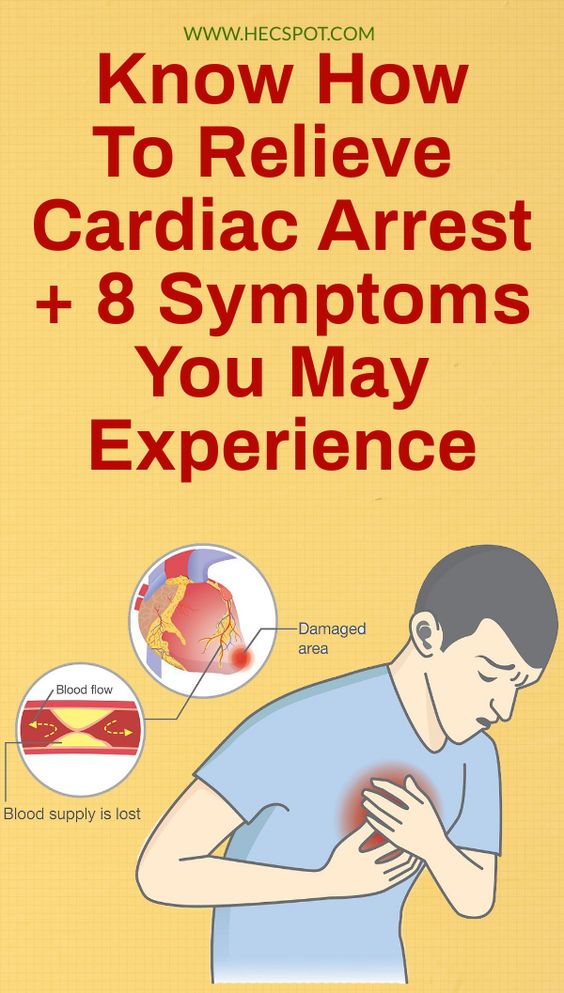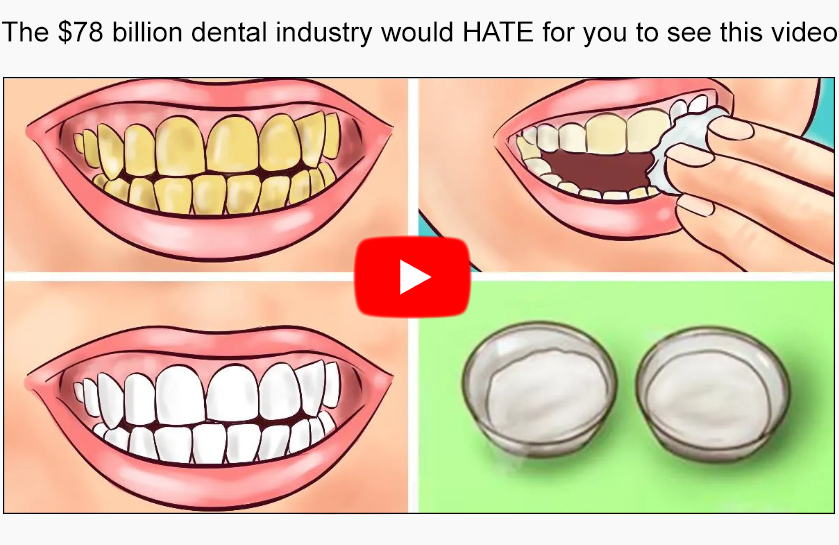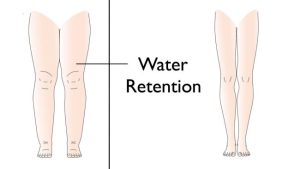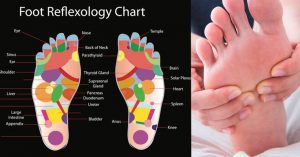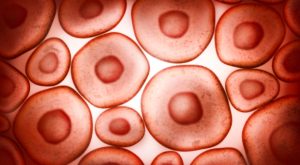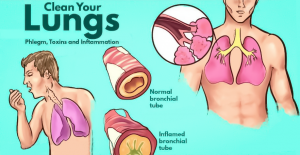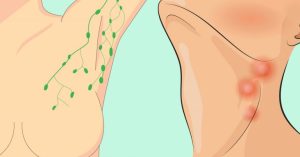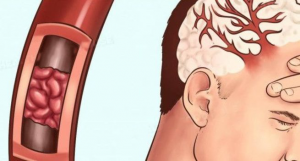Are you struggling to lose weight and maintain a healthy diet? You may have a toxic fatty acid that blocks weight loss.
Here's how a simple “Ice Hack” speed up my fat loss and helped me restore my health, watch now.
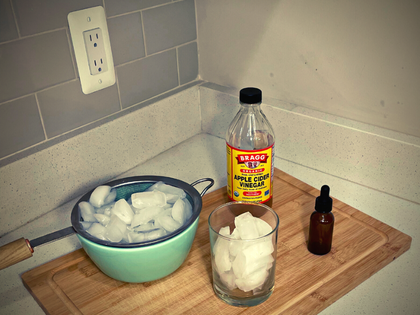
Cardiac arrest is an abrupt loss of heart function and often leads to deathly consequences in less than 10 minutes. Outside of a hospital setting, cardiac arrest fatality is at least 90 percent of the time, and more than 350,000 Americans are struck by cardiac arrest annually.
Cardiac arrest is an extremely serious health condition. It’s characterized by the sudden and unexpected loss of heart function, consciousness, and breathing. It results from an electrical disturbance when your heart suddenly stops pumping blood which, inhibits the blood flow to the rest of the body.
However cardiac arrest is not the same as a heart attack, it’s a medical emergency that can cause sudden death if not treated immediately. Fortunately, it doesn’t usually occur in a person with a healthy heart.
A person going through cardiac arrest easily collapses and stops responding to touch or speech immediately. Also, the pulse is almost non-existent and makes you have faint breathing. The brain damage might occur at the moment, leading to sudden cardiac death.
In fact, half of the people who suffer from a cardiac arrest do not experience any symptoms, just half of them do.
Here are the 8 symptoms of cardiac arrest:
- Chest pain
- Dizziness
- Irregular heartbeat
- Flu-like symptoms
- Lightheadedness
- Fainting
- Heart palpitations
- Shortness of breath or wheezing
There are many risk factors associated with this disease such as diabetes, obesity, a family history of a heart or circulatory disease, old age, excess alcohol consumption, high cholesterol, smoking, high cholesterol, a sedentary lifestyle, a previous CA or a heart attack, being a man, and drugs like cocaine and amphetamines.
People who have experienced cardiac arrest should follow these recovery tips to strengthen their heart:
- Consume heart-healthy foods
- Create healthy habits, quit smoking and drinking, start jogging or running, and go on routine medical checkups
- Take vitamins
- Regulate your blood pressure and cholesterol levels
Here is a list of heart-healthy foods:
- Eat garlic to improve blood pressure and cholesterol
- Fatty fish such as salmon, sardines, mackerel, and tuna are rich in omega-3 fatty acids
- Strawberries, blueberries, raspberries, and blackberries to boost heart health
- Olive oil reduces high blood pressure and heart disease risk
- Green tea significantly decrease systolic blood pressure, triglycerides, total cholesterol
- Leafy green vegetables, like spinach, kale, and collard greens, are all high in antioxidants
- Tomatoes are high in lycopene and lower the risk of heart disease and stroke
- Beans lower cholesterol and triglycerides, reduce blood pressure, and fight inflammation
- Dark chocolate is a heart-healthy treat
- Avocados are abundant in heart-healthy fats
- Walnuts lower cholesterol and high blood pressure
- Almonds are full of nutrients, also known as a heart-healthy snack
- Edamame supports heart health
- Chia seeds, flaxseeds, and hemp seeds are rich in heart-healthy nutrients
Source: healthline.com

